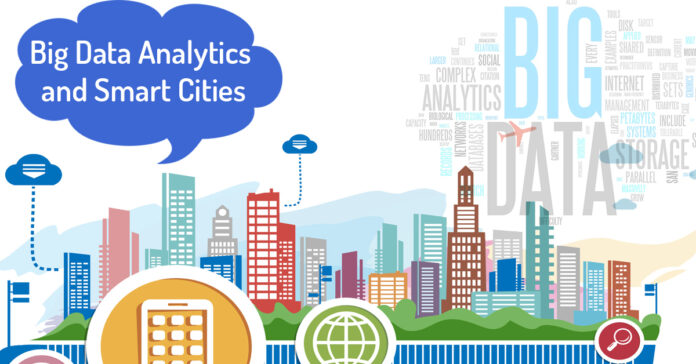Big data solutions improve the efficiency of a complex data infrastructure. Smart cities can leverage big data technologies to expand their capabilities. Technologies such as the Internet of Things (IoT), smart sensors, smart transportation, and other innovations are part of this.
In this article, we explain how big data impacts the core concepts of a smart city:
City Planning:
A network of sensors placed across the city provides a clear picture of what the city lacks and how to improve it. Analyzing a city’s current requirements with data might help in identifying areas that need repair and upgrading. Modelling infrastructure demands in a city is straightforward when you use incredibly detailed data to determine where expansion is required.
Sustainability:
Monitoring a city’s development will provide continuing development information, enabling necessary adjustments to be implemented. When the technology is applied, the number of products developed will offer a clear image of the development required, which is one of the keys to long-term sustainability. Data is a crucial factor in influencing the consequences of urban development. The city may change, but maintaining the present rate of expansion will be difficult.
Effective Spending:
A substantial amount of money is required to make the necessary upgrades and achieve the desired results that would alter a city. Often money is spent on restoration or renovation, which is considered minor infrastructure enhancements. Using big data analytics, data collected in a smart city might identify badly afflicted areas and what kind of renovations are necessary. Based on detailed analysis, the right field can generate investment.
Security
Every community’s citizen’s safety is a vital priority, and it is crucial to protect them in any scenario. Use predictive analysis to look at historical and geographic data to discover when and where crimes are most likely to occur to avert any problems in the city. A significant improvement can happen once the essential data changes a city into a safer place.
Transport:
Transportation can be mange easily when big data comes to the rescue. Everyone despises traffic, but by effectively utilizing before data, it is possible to lessen it. By evaluating data acquired from transportation authorities, you may study trends that will reduce traffic congestion and aid transportation authorities in creating intelligent ways to manage and monitor transportation inside the city. Big data analytics will help to decrease accidents.
Future-Proofing:
As a result of rising urbanization, our cities are getting smarter by the day, and there are still a lot of initiatives in the works to transform the future smart cities. Intelligent traffic control technologies, as well as real-time administration and monitoring, are available throughout the city.
Use data collected by various sources to build a more sustainable environment with better energy efficiency and less waste. The predictive analysis makes it is possible to assess the growth of current infrastructure and plan for the city’s future demands.
Follow and connect with us on Facebook, LinkedIn & Twitter

